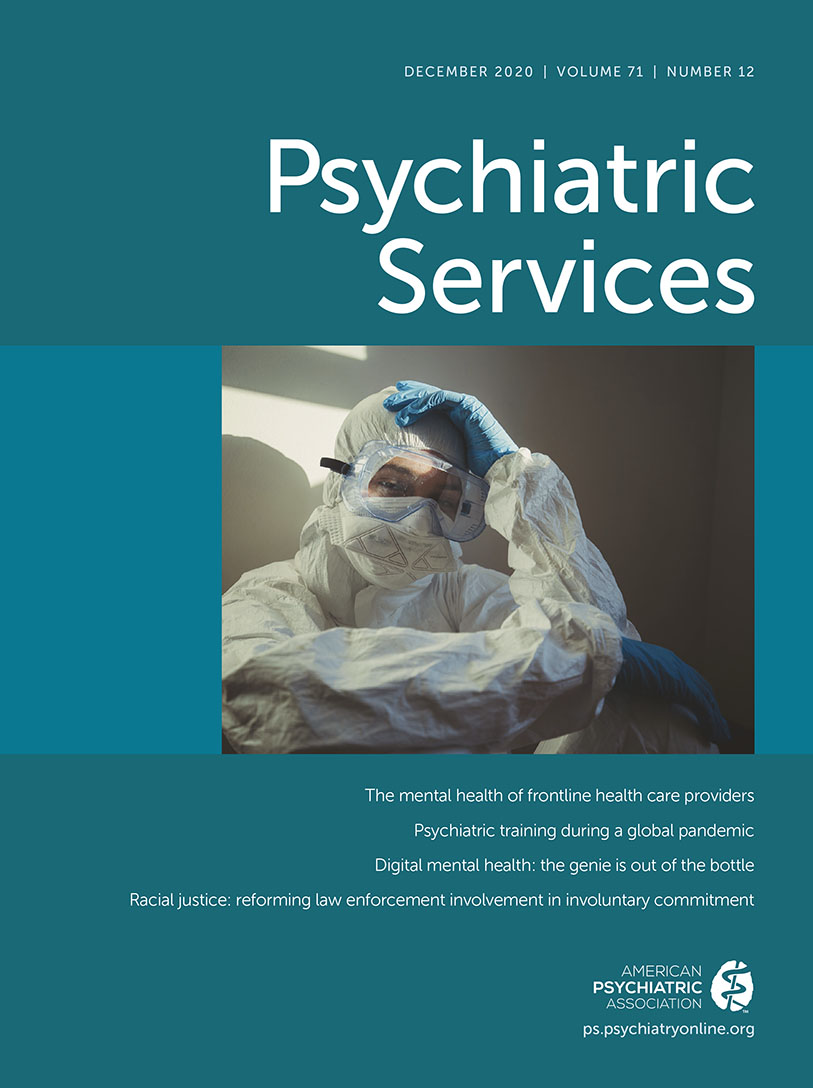Preliminary Assessment of a Novel Continuum-of-Care Model for Young People With Autism Spectrum Disorders
Abstract
Because of limited intermediate-care services, patients with autism spectrum disorders (ASDs) are increasingly being treated in emergency departments (EDs) and psychiatric hospitals. To address this growing problem, the authors developed a mobile outreach program, called Access to Psychiatry through Intermediate Care (APIC), for young (≤26 years) patients with ASD at risk for involvement with emergency medical services or the legal system. In its initial year, the average program duration per patient was 264.5 days. Clinical and Family Distress Scale scores indicated significant improvements for participating patients and caretakers. In the first year, among 40 patients with sufficient data for comparison, 13 (33%) went to the ED, and lengths of stay decreased up to 77% from pre- to postintervention. Given a cost per APIC-enrolled patient of $1,700, the net saving for the cost of ED treatment was $2,260–$2,559 per patient. The feasibility and cost-effectiveness of the APIC model has attracted additional state and county funding.



